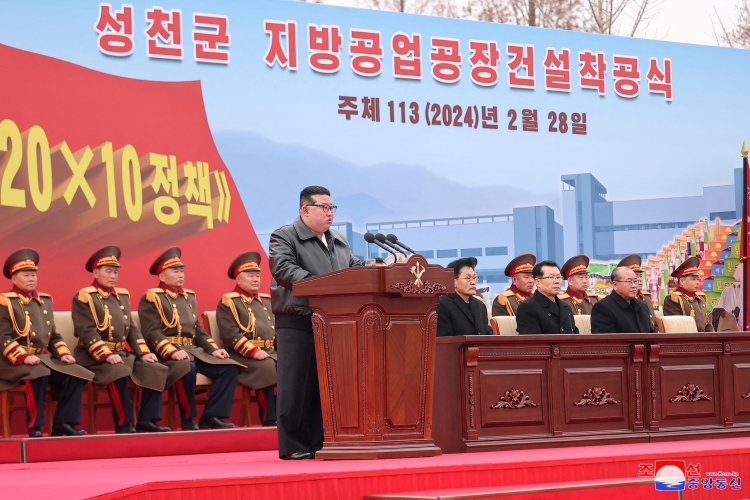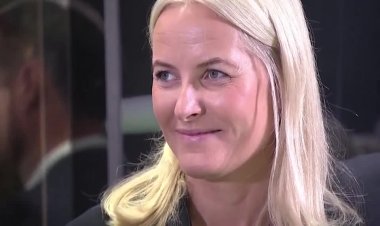North Korea's Economy Rebounds in 2023

North Korea's economy grew sharply in 2023 after shrinking for three straight years as trade with China increased after COVID-19 pandemic border controls were eased, according to estimates by South Korea's central bank.
Gross domestic product in 2023 likely expanded 3.1% in real terms, the biggest percentage growth since 2016, the Bank of Korea (BOK) said.
The BOK's estimates are considered among the most reliable indicators of economic activity in the secretive North, which does not publish official data.
"Although economic sanctions remained, the economy grew on eased COVID-related restrictions, growth in trade with China and favorable weather conditions," a BOK official told reporters.
North Korea's economy contracted by 0.2% in 2022, 0.1% in 2021 and 4.5% in 2020 amid COVID restrictions and U.N. sanctions.
During the pandemic, humanitarian groups raised concerns about food shortages for many North Koreans, and as recently as January leader Kim Jong Un said a failure to provide people with basic living necessities including food was a "serious political issue".
"Most experts assess the rebound in 2023 to be temporary, but there are also positive factors, such as the possibility of further growth in trade with China and expansion in economic cooperation with Russia," the BOK official said.
In 2023, North Korea's trade with China accounted for 98.3% of the total trade volume, according to the BOK.
The industrial sector accounted for 30.7% of the economy in 2023, while the agricultural and construction sectors accounted for 22.0% and 11.0%, respectively.
North Korea's nominal gross national income in 2023 was estimated to be $1,147.56 per capita, equivalent to just 3.4% of the South's 47.25 million won.















